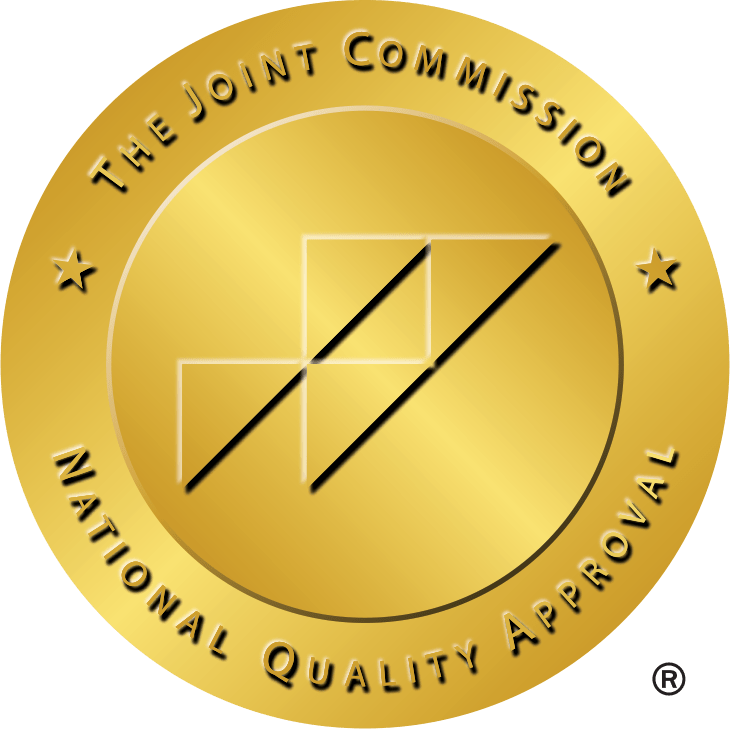A lot of us know someone who is addicted to something. Once you notice the signs of addiction in someone, it’s important to know how to treat them and talk to them in a way that’s both positive and respectful. This post will go over some important dos and don’ts for you to do if your loved one is struggling with addiction.

The Dos and Don’ts
Do: Be Compassionate
Addiction is an illness, and it’s important to be compassionate and willing to help them survive it just like any other illness. It’s also important to understand outside factors that could be leading someone toward addiction like stress or anxiety. Being compassionate also builds trust, and this is an important thing to have if someone struggling with addiction.
Don’t: Shame
Humans tend to place blame on things, especially if they think they know the source of an issue. But addiction is complicated, and there’s no real place to put any blame. Avoid implying or saying that a loved one’s addiction is their fault. This can end up negatively impacting their recovery.
Do: Educate yourself
Having knowledge about addiction and treatment can benefit you and your loved one. You will know the signs of addiction and how to help your loved one find the right treatment that they need. If your loved one is struggling with alcoholism, research it and see what kind of treatment options are available. The more you know, the more you’ll be able to understand and help.
Don’t: Enable Your Loved One
When we say help your loved one, that doesn’t mean you want to enable them. If you know that they will spend money on drugs or alcohol if you give it to them, then don’t! You also don’t want to protect your loved one from the consequences of their addiction, even though this can be very hard on you since you don’t want your loved one to fail. For example, you would want to keep an alcoholic from driving under the influence, but don’t offer them rides every time they’re drunk because they’ll keep drinking.
Do: Take Care of Yourself
Taking care of yourself while you help someone with an addiction is not selfish, and don’t let yourself or someone else tell you differently. Engage in healthy activities, get counseling if you need it, and be social. Being the best version of you will not only benefit yourself but the loved one you’re looking out for.
Don’t: Violate Their Privacy
If you’re talking with a friend or you end up getting therapy while you care for your loved one, you may want to vent about their addiction. Of course, it’s important to be honest, but you also need to make sure you’re respecting your loved one’s privacy. If you’re going to talk about them, make sure you have permission first. If you’re attending therapy with your loved one, you also want to make sure you don’t discuss what happens in a session with others.




